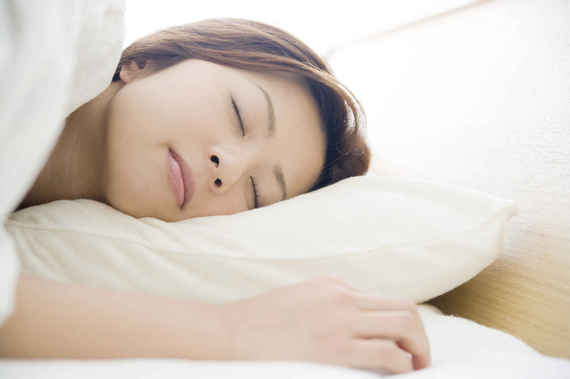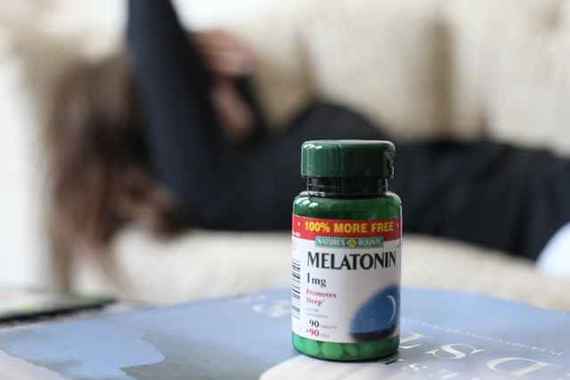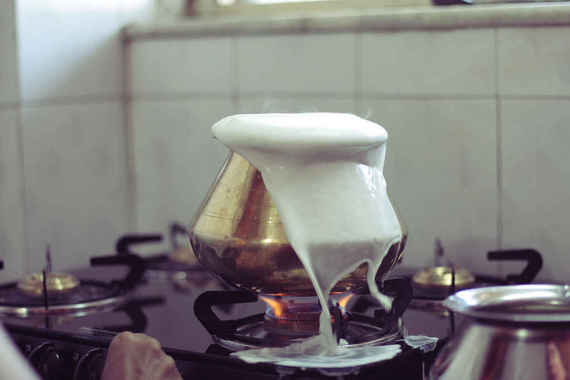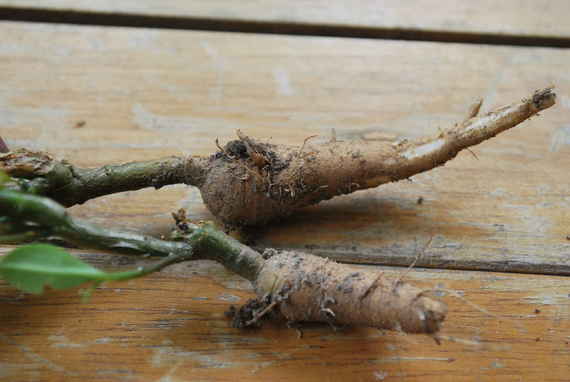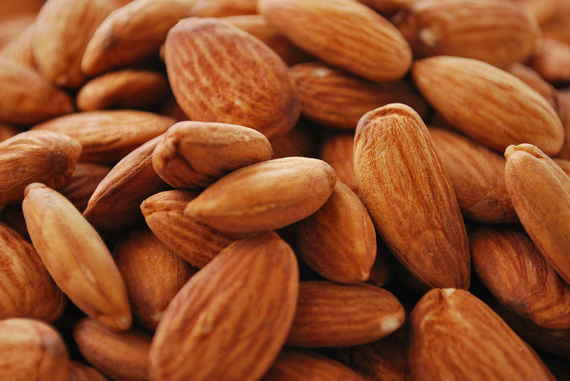Listen, we can't lie to you. Sleep drugs are fantastic. Ambien, Lunesta... even regular old Advil PM. That stuff WORKS.
The side effects, however, can be a little less than optimal. Dependency, dizziness, dry mouth, nausea, constipation, diarrhea, and liver strain are just a few of the not-so-awesome things that can happen when you pop your nightly pills in a desperate attempt to avoid tossing and turning through the wee hours.
That's why we've rounded up a few remedies that can help send you off to the Sandman in a more natural way.
Melatonin
Melatonin is sometimes known as the "Dracula of hormones," which is pretty badass. Here's why: it's a hormone your body releases at night to signal you that it's time to go to sleep. When the normal release is delayed or reduced, you might not be able to fall into a restful slumber.
Fortunately, you can buy it as a dietary supplement -- just be aware of your dose. According to the National Sleep Foundation, "Taking a typical dose (1 to 3mg) may elevate your blood melatonin levels to one to 20 times normal." No need to go quadruple strength here.
Warm Milk
Not everything your mother tells you is true, but you can totally believe the warm milk trick (even if it's kind of gross). A glass of warm milk before bed is a good way to put you into sleep mode. "Warm milk, the old folk's remedy, does contain a good dose of tryptophan... there are studies that suggest the dose of tryptophan is high enough to induce sleep, and improve quality of sleep, but is somewhat debated," says Lucas Hausler, herbalist, acupuncturist, and owner of East Wind Herbs in San Diego.
Ginseng
Ginseng root is one of the oldest sleep remedies in the book, and has been used for more than 2,000 years. According to a review out of the University of Chicago School of Medicine, ginseng -- specifically Korean ginseng, American ginseng, and Vietnamese ginseng -- may help maintain normal sleep and wakefulness cycles. The study recommends a daily dosage of 1-2g of the crude root, or 200-600mg of extracts.
Magnesium
According to Dr. Mark Hyman, who's a New York Times best-selling author and director of the Cleveland Clinic Center for Functional Medicine, we should think of magnesium as "the relaxation mineral." And insomnia may really point to a magnesium deficiency. "This critical mineral is actually responsible for over 300 enzyme reactions and is found in all of your tissues -- but mainly in your bones, muscles, and brain. You must have it for your cells to make energy, for many different chemical pumps to work, to stabilize membranes, and to help muscles relax." Magnesium can be found in foods like almonds, cashews, buckwheat, walnuts, dandelion greens, garlic, avocado, shrimp, and more. You can also take magnesium supplements to help hit the 300mg per day dosage our bodies require.
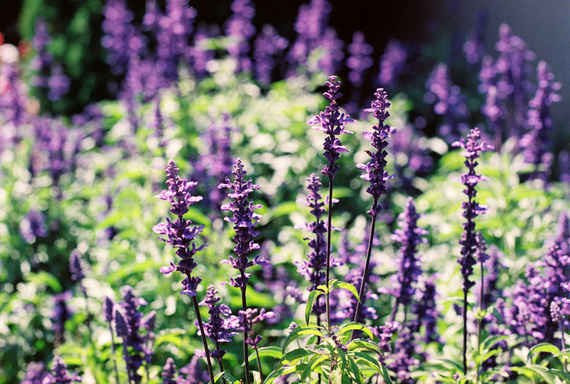
Credit: Flickr/Khánh Hmoong
Lavender
Aside from smelling pretty damn heavenly, lavender has been used throughout history to help with insomnia. The University of Maryland Medical Center says that lavender may slow the activity of the nervous system, improve sleep quality, promote relaxation, and lift mood in people suffering from sleep disorders.
To find out 5 more ways you can easily lull yourself to sleep, get the full story at Thrillist.com!
More from Thrillist:
Like Thrillist on Facebook: www.facebook.com/Thrillist
